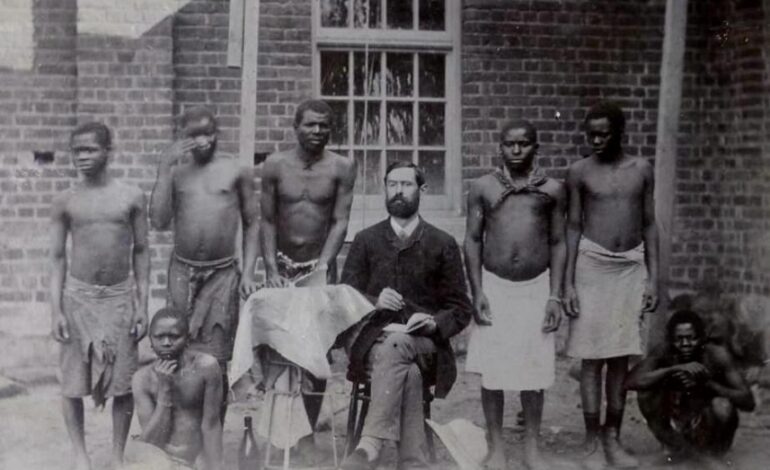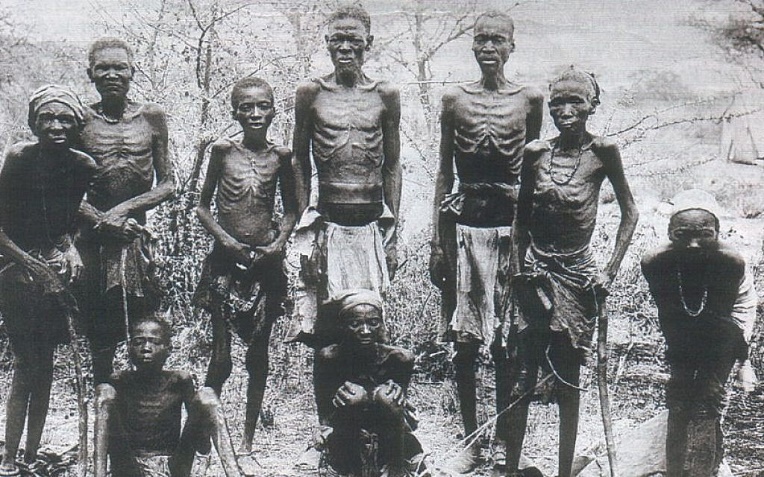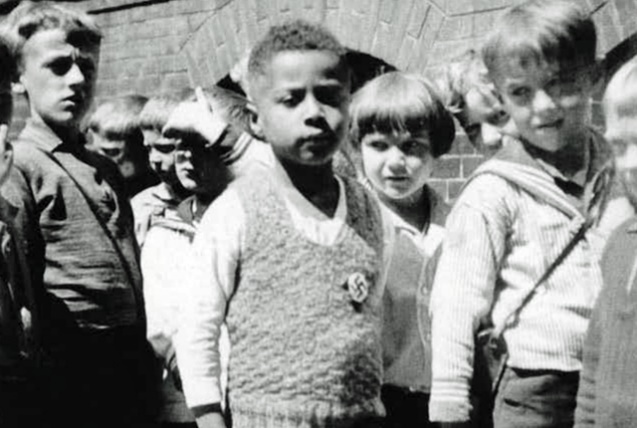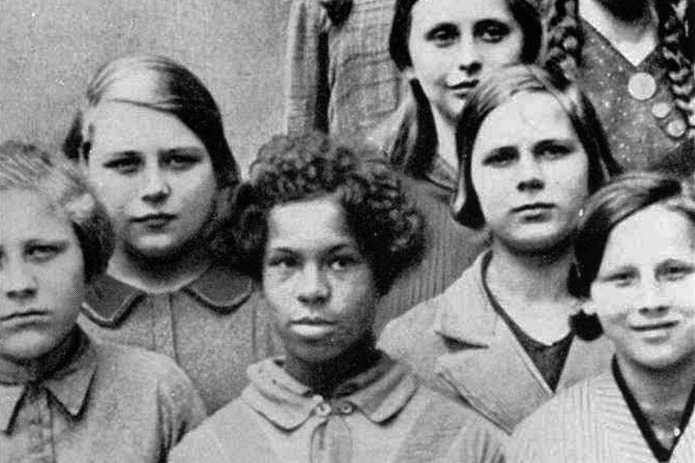
Avellon Williams
GERMANY – Following World War II, the German census does not ask residents about their race, so there is no definitive number of Black people living in Germany.
A report by the European Commission against Racism and Intolerance estimates that there are 200,000 to 300,000 Black people in Germany, although other sources estimate the number to be as high as 800,000.
While Black people are a minority in Germany, regardless of the specific numbers, which don’t exist, they are still present and have played an important role throughout the country’s history. Black people in Germany are often referred to as Afro-Germans (Afrodeutsche) or Black Germans (Schwarze Deutsche).
EARLY HISTORY

The first, sizable influx of Africans to Germany came from Germany’s African colonies in the 19th century, according to some historians. Black people living in Germany today can trace their ancestry back five generations. In contrast with the British, Dutch, and French powers, Prussia’s colonial activities in Africa lasted only from 1890 to 1918.
Germans committed the first mass genocide in the 20th century in Prussia’s South West African colony. German colonial troops massacred three-quarters of the Herero population in what is now Namibia in 1904 to counter a revolt.

Despite Germany’s “extermination order” (Vernichtungsbefehl) prompting that atrocity, it took the nation a full century to formally apologize to the Herero. Although Germany provides foreign aid to Namibia, it still refuses to compensate Herero survivors.
BLACK GERMANS BEFORE WORLD WAR II

There were more Blacks in the Rhineland region and other parts of Germany after World War I, mostly French Senegalese soldiers and their offspring. According to estimates, there were 10,000 to 25,000 Black people living in Germany by the 1920s, mostly in Berlin or other major cities.
The nightlife scene in Berlin and other large cities was dominated by Black musicians and entertainers until the Nazis came to power. Black musicians from the U.S., who found life in Europe more liberating than back home, helped make jazz popular in Germany and Europe by denigrating it as Negermusik(“Negro music”). One prominent example is Josephine Baker in France.
Among the students at the university in Berlin were the American writer and civil rights activist W.E.B. du Bois and the suffragist Mary Church Terrell. As a result of the discrimination they experienced in the U.S., they later wrote that they had experienced much less discrimination in Germany.
THE NAZIS AND THE BLACK HOLOCAUST

When Adolf Hitler came to power in 1932, the racist policies of the Nazis impacted other groups besides the Jews. The Nazis’ racial purity laws also targeted gypsies (Roma), homosexuals, people with mental disabilities, and Black people.
Precisely how many Black Germans died in Nazi concentration camps is not known, but estimates put the figure at between 25,000 and 50,000. The relatively low numbers of Black people in Germany, their wide dispersal across the country, and the Nazis’ focus on the Jews were some factors that made it possible for many Black Germans to survive the war.
THE AFRICAN AMERICAN COMMUNITY IN GERMANY

Following the end of World War II, many African-American GIs were stationed in Germany, resulting in the next influx of Black people.
When Colin Powell served in West Germany in 1958, he wrote in his autobiography “My American Journey” that for “… Black GIs, especially those out of the South, Germany was a breath of freedom — they could go where they wanted, eat where they wanted, and date whom they wanted, just like everyone else.” “The dollar was strong, the beer good, and the German people-friendly.”

Nevertheless, not all Germans shared Powell’s tolerant outlook. Relationships between Black GIs and White German women were often resented. It was common in the 1950s and 1960s for whites to refer to black children born to black mothers and black GIs as “occupation children” (“Besatzungskinder”), or “half-breed/mongrel children”.
WHAT IS THE TERM ‘AFRODEUTSCHE’?

While the term “Afrodeutsche” (Afro-German) is sometimes used to describe German-born Blacks, it is not widely used by the general public. People with African heritage born in Germany fall into this category. Only one parent can be black in some cases.
The mere fact that you were born in Germany does not automatically make you a German citizen. In contrast to many other countries, German citizenship is based on the citizenship of your parents, and it is passed on through blood. This means that Black people born in Germany, who grew up there and speak fluent German, are not German citizens without at least one German parent.
In 2000, however, a new German naturalization law allowed Black people and other foreigners to apply for citizenship after living in Germany for three to eight years.

As part of their 1986 book “Farbe Bekennen – AfrodeutscheFrauen auf den Spuren Ihrer Geschichte,” authors May Ayimand Katharina Oguntoye opened up the topic of being Black in Germany.
Even though the book mainly dealt with Black women in German society, it also inspired the creation of the ISD (Initiative Schwarzer Deutscher), a support group for Blacks in Germany, and introduced the term Afro-German into the German language (borrowed from “Afro-American” or “African American”).




